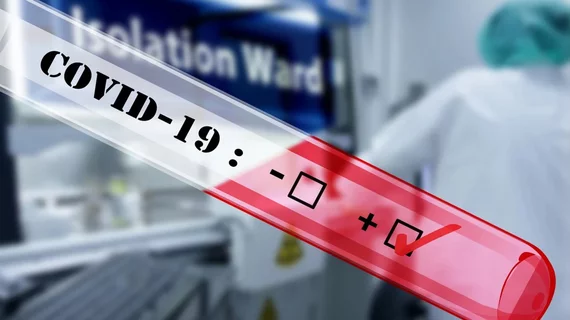COVID-19 may do long-term damage to the heart and blood vessels of young adults
Young adults who had COVID-19—even those who never had strong symptoms—may go on to have significant cardiovascular issues later in life, according to a new study published in Experimental Physiology.
Researchers evaluated 15 patients three to four weeks after a positive COVID-19 diagnosis, relying on ultrasound imaging and advanced software. The average patient age was 20 years old. Findings were compared with a group of healthy patients evaluated before the COVID-19 pandemic.
Overall, patients with a positive COVID-19 diagnosis presented with higher carotid artery stiffness and aortic stiffness. The team compared the long-lasting effect of COVID-19 to other acute infections such as rheumatic fever, pneumonia and Kawasaki disease.
“These findings suggest a potential long-term impact of COVID-19 on young, relatively healthy adults who may otherwise think the virus may not be affecting them,” senior author Stephen M. Ratchford, PhD, an assistant professor at Appalachian State University in Boone, North Carolina, said in a statement.
The team plans to continue tracking these patients for at least an additional six months.
Click here to read the full study in Experimental Physiology.

